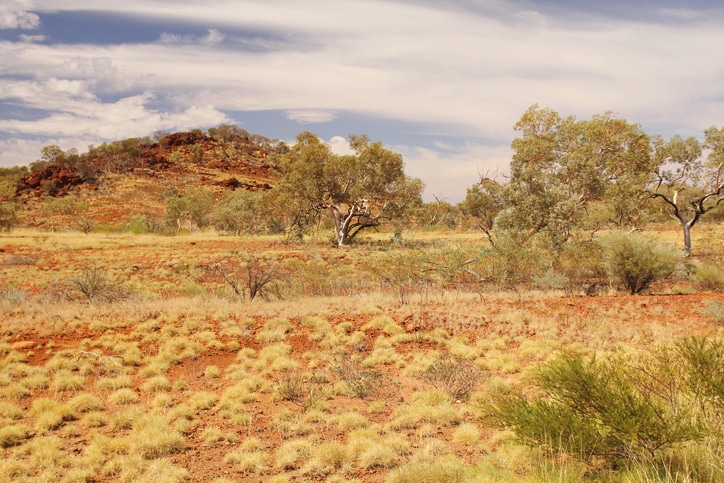Australia’s Emissions Reduction Fund (ERF) has serious governance flaws and is potentially wasting billions of dollars in taxpayers’ money, a leading expert from The Australian National University (ANU) warns.
Professor Andrew Macintosh is an expert on environmental markets who has also sat on the bushfire royal commission, chaired the Integrity Committee of the ERF for six-and-a-half years, and was a member of the King Review of Low-cost Sources of Abatement.
He and his colleagues have published a series of papers outlining systemic flaws in the ERF and the way it issues Australian carbon credits (ACCUs). They have labelled the ERF an “environmental and taxpayer fraud”.
Professor Macintosh said the ERF is dominated by three types of projects: avoided deforestation in western NSW; human-induced regeneration of native forests in the dry rangelands of Queensland, NSW, WA, SA and the NT; and the combustion of methane from landfills. These projects account for approximately 75 per cent of ACCUs issued.
“The available data suggests 70 to 80 per cent of the ACCUs issued to these projects are devoid of integrity – they do not represent real and additional abatement,” Professor Macintosh said.
“Unfortunately, Australia’s carbon market currently suffers from a distinct lack of environmental integrity.
“All of the major emission reduction methods have serious integrity issues, either in their design or the way they are being administered.
“People are getting ACCUs for not clearing forests that were never going to be cleared; they are getting credits for growing trees that are already there; they are getting credits for growing forests in places that will never sustain permanent forests; and they are getting credits for operating electricity generators at large landfills that would have operated anyway.
“What is occurring is a fraud on the environment, a fraud on taxpayers and a fraud on unwitting private buyers of ACCUs, including private households who purchase ACCUs to offset their personal emissions.”
The ERF is administered by the Clean Energy Regulator, which has $4.5 billion to spend on ACCUs.
“The Clean Energy Regulator has already spent $1 billion on purchasing ACCUs and has contracts to purchase a further $1.6 billion,” Professor Macintosh said.
“By issuing ACCUs for these low integrity abatement projects, the regulator is throwing good money after bad and undermining Australia’s ability to meet its long-term emission reduction targets.”
Professor Macintosh and his co-authors are calling for a range of solutions to address the issue. Their recommendations include:
- breaking up the Clean Energy Regulator
- immediately repealing the offending low integrity methods under the ERF
- introducing reforms to stop existing low integrity projects from receiving any further credits
- making the ERF more transparent.
“We are also calling for a full and independent inquiry into what has happened, which has the power to compel people to give evidence,” Professor Macintosh said.
“The public deserves an explanation for what has occurred and what can be done to ensure this does not happen again.
“I do not want to give people the impression that carbon markets are a waste of time or that we are trying to ‘tear down the carbon market’.
“But to make the carbon market worthwhile, to ensure it performs its intended functions, the government needs to take immediate corrective action.”
Read Professor Macintosh and his co-authors’ papers online here.



